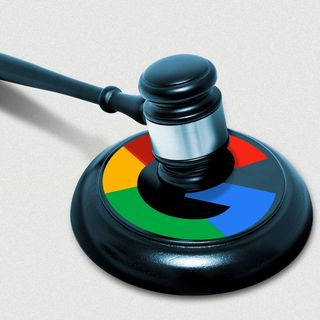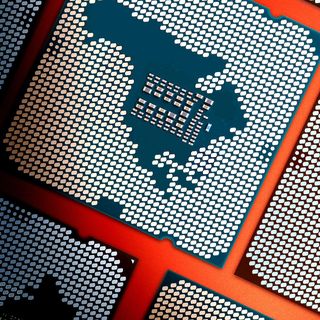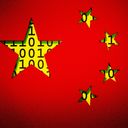AI agents will do programmers' grunt work
AI makers are flooding the market with a new wave of coding agents promising to relieve human programmers of busy work.
The big picture: Automating the routine aspects of technical labor will almost certainly transform and downsize the tech industry workforce — but there's no guarantee it will alleviate software development's biggest headaches.
Driving the news: Microsoft Monday announced a new AI coding agent for GitHub Copilot that's good for "time-consuming but boring tasks."
- "The agent excels at low-to-medium complexity tasks in well-tested codebases, from adding features and fixing bugs to extending tests, refactoring code, and improving documentation," Microsoft's post says.
- GitHub's move follows Friday's announcement by OpenAI of Codex, a "research preview" of a new coding agent that can "work on many tasks in parallel."
- Notably, the GitHub Copilot agent is powered not by Codex or any other tool from Microsoft partner OpenAI, but instead by Anthropic Claude 3.7 Sonnet, per Microsoft.
The intrigue: Tech leaders have sent mixed messages on just how much work they see ahead for programmers.
- Amazon Web Services boss Matt Garman caused a stir last year when he suggested the need for human coding could disappear within two years. However, he later told Axios that his comments were taken out of context.
- "I think it's incredibly exciting time for developers," he told us last year. "There's a whole bunch of work that developers do today that's not fun."
- "If you think about documenting your code, if you think about upgrading Java versions, if you think about looking for bugs, that's that's not what developers love doing. They love thinking about, 'How do I go solve problems?'"
Why it matters: Business transformations that start in Silicon Valley usually make their way into the wider economy.
- Silicon Valley's "dogfooding" tradition ensures that it will avidly apply new technologies to its own business first.
- Both Microsoft and Google are now claiming that roughly 30% of the code they produce is AI-written.
Coding agents, like other generative AI tools, continue to "hallucinate," or make stuff up.
- But programs, unlike other kinds of language products, have a built-in pass-fail test: Either they run or they don't.
- That gives programmers one early checkpoint to guard against bad code.
Yes, but: AI-generated code likely also contains tons of other errors that don't show up today.
- That will cause nightmares in the future as programs age, get used more widely, or face unexpected tests from unpredictable users.
Zoom out: The software industry's assumption that what works inside tech will work everywhere else could be sorely tested when these techniques get pushed out beyond Silicon Valley.
- AI's usefulness in writing code may not easily transfer to other kinds of work that are less abstract and more rooted in physical reality — witness the many setbacks and challenges the autonomous vehicle industry has faced.
Between the lines: Nobody doubts that AI means tech firms will write more code using fewer employees. But no one yet knows exactly where these companies will continue to find competitive advantage.
- AI models are much more likely to be interchangeable than human organizations and cultures.
What's next: As coding agents shoulder routine labor, product designers and creative engineers will use "vibe coding" — improvisational rough drafting via "throw it at the wall and see what works" AI prompting — to do fast prototyping of new ideas.
The bottom line: The biggest challenges in creating software tend to arise from poorly conceived specifications and misinterpretations of data, both of which are often rooted in confusion over human needs.
- Today's large language models are ill-equipped to tackle those problems.
- But software developers who excel at navigating the boundaries between human desire and machine capability should continue to find themselves in demand.
Editor's note: This story has been corrected to show that Matt Garman remains the head of Amazon Web Services.



/2025/04/30/1746057476228.gif)













/2025/03/12/1741823865941.gif)





/2025/02/24/1740357777019.gif)















